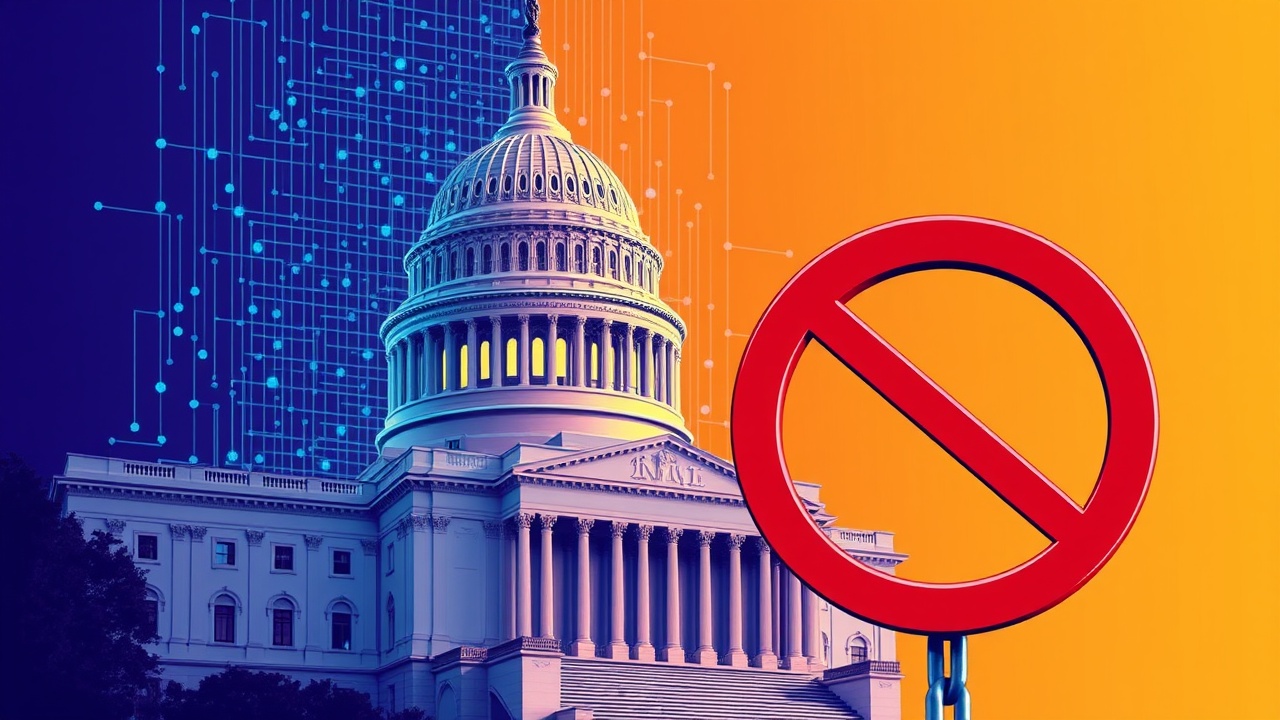SEC’s Stance on Cryptocurrencies
In a recent opinion piece, Matt Levine, a leading columnist for Bloomberg, asserted that the U.S. Securities and Exchange Commission (SEC) can no longer consider an outright ban on cryptocurrencies as a viable option. He contended that the cryptocurrency sector has gained significant clout, making any move to prohibit it quite unrealistic. While Levine acknowledges the presence of “a lot of dumb stuff” within the space, he emphasizes that the SEC also cannot afford to disregard this emerging industry altogether.
Regulatory Landscape and Challenges
Levine’s commentary comes at a time when the regulatory landscape is still grappling with the complexities of cryptocurrency. Former SEC Chair Gary Gensler maintained a tough stance regarding digital currencies, classifying many tokens as securities that must conform to stock registration requirements. However, the feasibility of such registrations often falls into question, effectively rendering crypto trading illegitimate within the United States.
The tension arises from the dual purpose of cryptocurrencies, which function as both innovative financial tools and investment assets, creating a tangled web of regulatory hurdles. Levine critiques Gensler’s approach for overlooking innovative and non-traditional projects within the crypto realm. He suggests that the SEC is best positioned to oversee cryptocurrency regulations due to the securitized nature of many tokens, but also insists that existing protections must be adapted as digital assets differ from conventional stocks.
Potential Regulatory Shifts
In a possible shift in regulatory direction under the leadership of current SEC Chair Paul Atkins, Levine noted that the SEC may soon allow for the registration of certain cryptocurrencies. This potential change is framed within the context of the newly introduced “Project Crypto” initiative, designed to streamline regulations concerning digital assets. Additionally, Atkins has indicated that a significant portion of existing cryptocurrencies do not fit the definition of securities, marking a nuanced approach to crypto oversight in the U.S.




